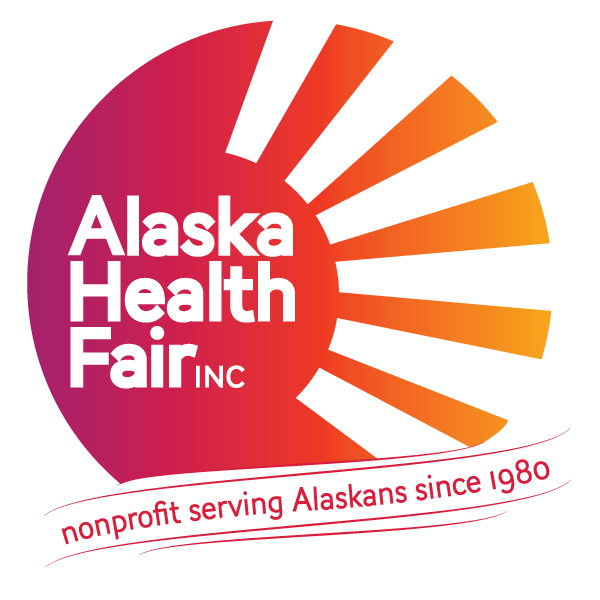Children can have high blood pressure. In fact, the number of children with high blood pressure is increasing. It is estimated that prehypertension and hypertension in adolescents who are obese is greater than 30% in boys and 23 – 30% in girls according to data published by the American Family Physician.
All children three years of age and older should have their blood pressure checked regularly. Having high blood pressure may not cause any symptoms. Having your child’s blood pressure checked is the only way to know if he or she has high blood pressure. The normal range for blood pressure in children is usually lower than in adults. If the blood pressure is high at three health care visits, your child may need further testing.
High blood pressure in children needs to be treated. Untreated high blood pressure can cause kidney disease, heart disease, eye disease and other serious problems over time. The longer the high blood pressure goes uncontrolled, the more harm it can cause. Treatment begins with lifestyle changes, such as diet changes, more physical activity and weight loss. Some children may need to take blood pressure medicines.
These tips are good for all children, especially those who have or are at risk for high blood pressure:
- Give your child healthy home cooked food
- Use less canned or pre-prepared food
- Encourage physical activity
- Make sure your child takes his or her blood pressure medicine, if prescribed
- You and your family can keep a healthy weight
- If your child chews tobacco or smokes, talk with his or her doctor about how to help your child quit.
What does it mean to eat a healthy diet? Eating for healthy blood pressure means eating less salt and packaged foods that are high in sodium and eating more fruits and vegetables.
Questions to ask the health care provider about your child’s blood pressure:
- What is my child’s blood pressure?
- Is it in the normal range?
- Is my child at risk for high blood pressure?
All children should have their blood pressure checked during their routine physical exams. Those with a family history of high blood pressure and being overweight need to have their blood pressure checked more often.
Reference: National Kidney Disease Education Program
Linda Vlastuin, RN, MS
Kidney Health Educator
Alaska Health Fair, Inc. and Alaska Kidney Foundation

